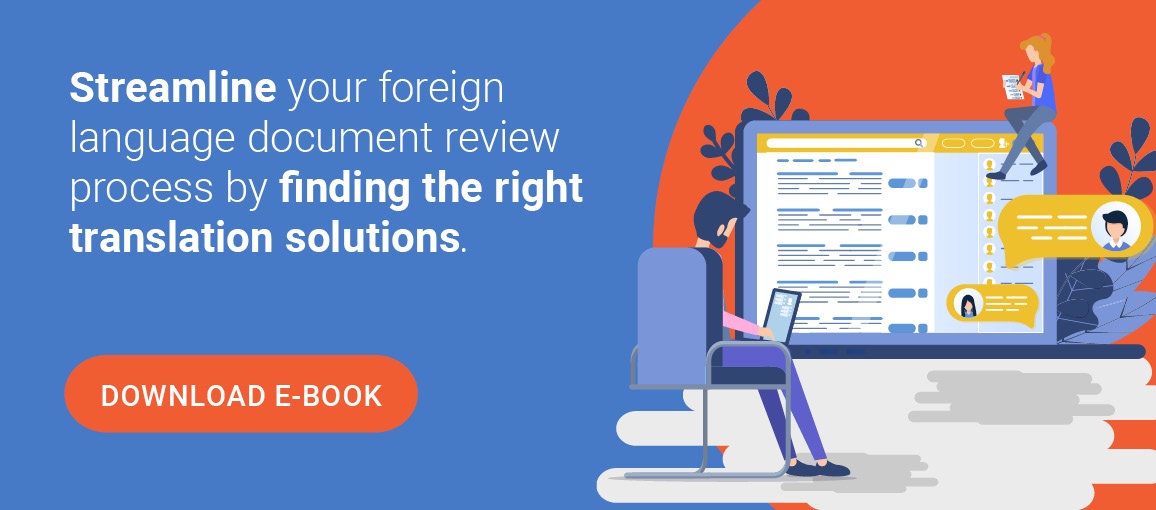For organizations undergoing an international merger & acquisition or considering one in the future, it is imperative that all parties involved understand the terms and conditions of the deal and act quickly to minimize cost and save time.
Many global M&A deals are conducted in English, which is widely considered the international language of business, but others also incorporate the local language(s) and therefore require multilingual materials, documents, and interpreters.
M&A deals have significant risks and challenges when only one language is involved, and these risks and challenges increase when cross-cultural and multilingual issues are incorporated into the mix. Both buyers and sellers will want to precisely communicate their terms for negotiation, without fear of something being lost in translation, before signing on the dotted line.
Working with a Language Solutions Partner (LSP) provides the critical translation, localization, and interpreting support needed to ensure that all cross-cultural communication initiatives are executed accurately. Here are a few of the ways that multilingual support can help close more international M&A deals.
Using Virtual Data Rooms
Legal, financial, and technical documents must be clearly understood by both parties, and will therefore need to be translated. This is also true for any additional information related to the assets that will be transferring hands.
Many M&A sellers use a secure virtual data room (VDR) to create an electronic index, similar to a table of contents, of these critical documents for any potential buyers to reference and decide if they are interested in pursuing the deal. An LSP can ensure this index is translated into multiple languages so that potential buyers from different linguistic and cultural backgrounds can learn about the seller’s overall assets and request more detailed information.
Sellers may also consider working with an LSP to write translated summaries of key documents, or in some cases, translations of entire documents. Overall, the easier it is for potential buyers to understand what is being sold, the more likely the M&A deal will take place.
Using Language Glossaries
Accurately translated documents reduce misunderstandings between organizations that speak different languages by communicating facts and ensuring that technical terms are used consistently.
LSPs use language glossaries to assign strict, direct definitions of technical terms in both the original and target language so that everyone is on the same page. Translation tools such as glossaries significantly increase the speed of closing a deal.
Using a Combination of Machine Technology and Human Translators
In M&A deals, people and technology work together to most effectively communicate a lot of information while adhering to a strict deadline. Human translators bring subject matter expertise, localization experience, and understanding of cultural nuances, while technologies like project management tools and machine translation can provide an initial, overall translation of many large documents in a short amount of time.
In tandem, these resources offer both speed and accuracy, ultimately reducing costs. LSPs can perform certified translations, which require an editor and proofreader when a certificate of authenticity is needed.
The Benefits of an LSP
Individual and in-house translators often do not have the subject matter expertise needed for M&A deals, or do not have the time or resources to translate all required documents both quickly and accurately.
An LSP can handle all translation and localization efforts, drawing upon linguists, subject matter experts, and technology like machine learning and glossaries to provide an integrated approach to multilingual mergers and acquisitions. Working with an LSP for multilingual support gives organizations more time and resources to focus on other aspects of the deal, along with the peace of mind that barriers to communication are minimized.
To learn more about how an LSP can assist in multilingual mergers and acquisitions, download our free eBook The Complexities Of Multilingual M&A Deals.


